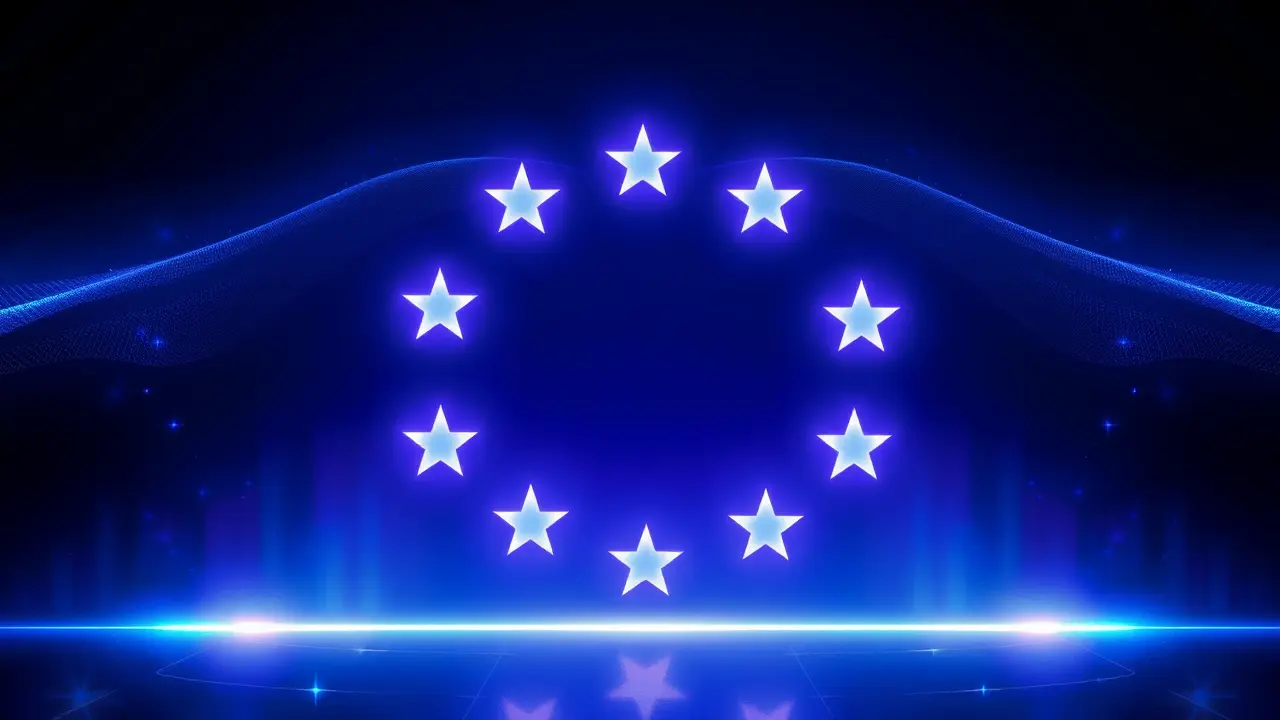
PoliticsdiplomacyBilateral Relations
Ukraine's EU Integration is a Strategic Imperative
RO
Robert Hayes
22 hours ago7 min read
The question of Ukraine's integration into the European Union stands not merely as a matter of bureaucratic procedure or geopolitical negotiation, but as a profound test of the very ideals upon which the modern European project was founded. Ambassador Vsevolod Chentsov’s poignant assertion that confidence in Europe depends on its embrace of those defending its values on the front line echoes with the gravity of a Churchillian speech in a time of crisis.This is not a routine expansion; it is a strategic and moral imperative forged in the crucible of a brutal war of aggression. To understand the stakes, one must look beyond the immediate conflict to the historical patterns of European integration, which has always been most successful when it has responded decisively to moments of existential threat and demonstrated a clear-eyed understanding of its own strategic interests.The Cold War, for instance, saw the European Community solidify as a bulwark against a competing ideology, binding nations together with a shared purpose that transcended mere economic convenience. Today, Ukraine represents a similar frontier, a nation that has voluntarily and at immense cost chosen the path of European democracy, rule of law, and individual liberty over the authoritarian kleptocracy of its aggressor.The meticulous process of accession, with its 35 chapters of negotiation, must be viewed through this lens. It is a mechanism for reform, certainly, but it is also the vehicle through which the EU can secure its eastern flank, project stability, and affirm that its borders are not defined by geography but by a commitment to a common set of principles.Analysts observing the political calculus within key EU capitals—Berlin, Paris, and Warsaw—note a complex interplay of war fatigue, agricultural protectionism, and legitimate concerns over the absorption capacity of the Union. Yet, these short-term political hurdles pale in comparison to the long-term consequence of hesitation: a historic failure of vision that would not only embolden adversaries in Moscow but also signal to other aspiring nations in the Western Balkans and the Eastern Partnership that the European perspective is a conditional promise, easily withdrawn when the going gets tough.The alternative—a swift, determined, and unequivocal path to membership for Ukraine—would serve as the most powerful geopolitical signal the EU could send in the 21st century. It would demonstrate that the Union is not a closed club but a dynamic entity capable of evolving to meet new challenges, that its soft power is backed by strategic resolve, and that the blood shed by Ukrainians for a European future has not been in vain. The upcoming enlargement summit is therefore more than a policy meeting; it is a rendezvous with destiny, a moment for European leaders to decide whether they will be remembered as the architects of a larger, more secure, and truly values-based union, or as the custodians of a stagnating project that failed its most vital test.
#editorial picks news
#Ukraine
#EU
#Enlargement
#Strategic Imperative
#European Values
#Integration
#Ambassador
Stay Informed. Act Smarter.
Get weekly highlights, major headlines, and expert insights — then put your knowledge to work in our live prediction markets.
Related News
© 2025 Outpoll Service LTD. All rights reserved.













